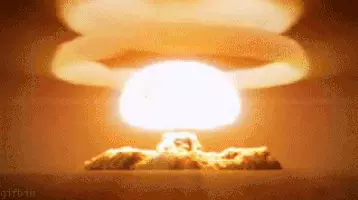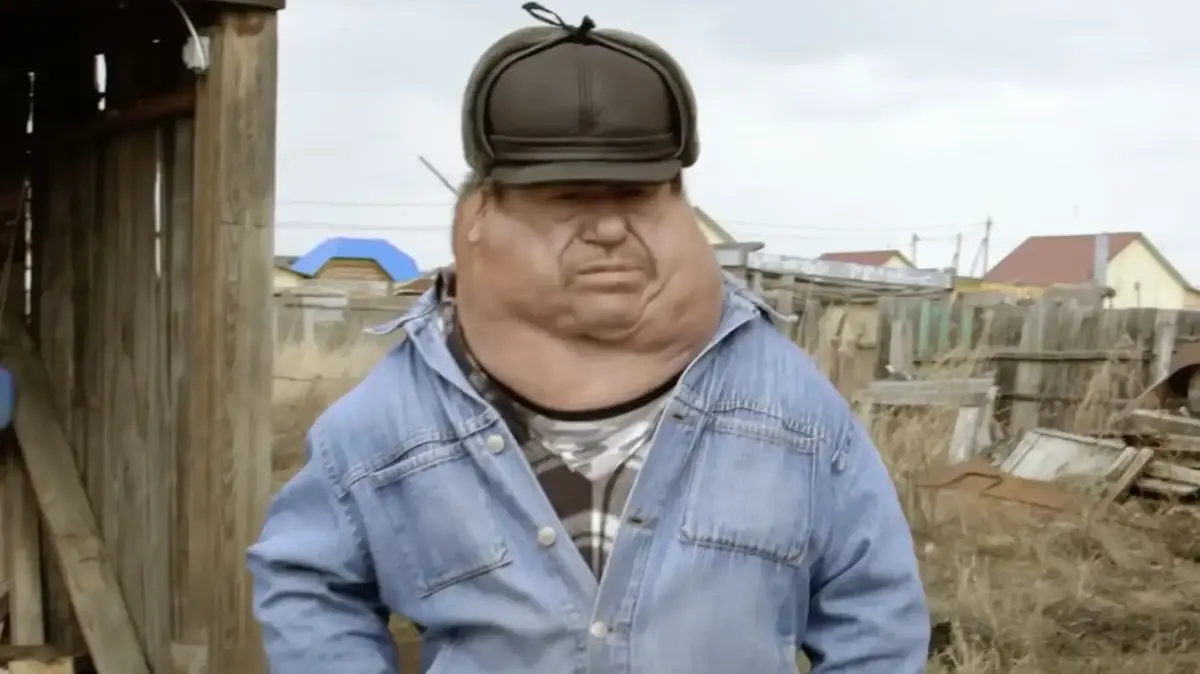GIF nuclear bomb (Photo: Giphy)
A nuclear attack is perhaps one of the greatest and most frightening threats to humanity, and it will probably remain so in future women. Still, a trial has recently begun in the United States for a drug that is supposed to prevent the harmful effects of radiation on the body in the event of a nuclear attack. Prevention and treatment of radiation damage is currently extremely limited, so a drug that can effectively remove radioactive contamination from the body would be a milestone in protecting against a poison that is currently considered unstoppable.
HOPO 14-1 is an experimental drug that could, if the experiment was successful,
protect and treat victims of nuclear fallout by binding (or chelating) contaminated heavy metals and removing them from the body. It is supposed to be effective against uranium and other materials used in nuclear weapons, such as dirty bombs (a conventional bomb to which nuclear waste or radioactive materials are added) or ballistic missiles.
The drug may also help treat lead poisoning, according to existing data on the type of drug. The first human clinical trial will include around 42 participants who will be tested at a variety of doses to evaluate the drug's safety. The trial findings will be reported in 2024. HOPO 14-1 is not currently FDA approved and is also not available for emergency use.
Simulation exercise of the arrival of vaccines. Sheba Hospital, Tel Hashomer, December 10, 2020 (Photo: Reuven Castro)
There is already a compound on the market that binds to radioactive heavy metals, but HOPO Therapeutics states that these DTPA molecules also dilute the body of essential ions (such as zinc and magnesium), while their drug does not.
There are already two different drug injections that can be used to treat people exposed to radioactive plutonium, americium or corium.For decades, experts also know that iodine tablets can be given to help protect people if radioactive iodine is released into the environment; It was given to people in 1986 when a nuclear accident occurred at the Chernobyl power plant.
Another pill, Prussian blue (potassium hexayanoperate), can help remove radioactive cesium and thallium from the body.
- health
- news
Tags
- nuclear weapon
- Medications








